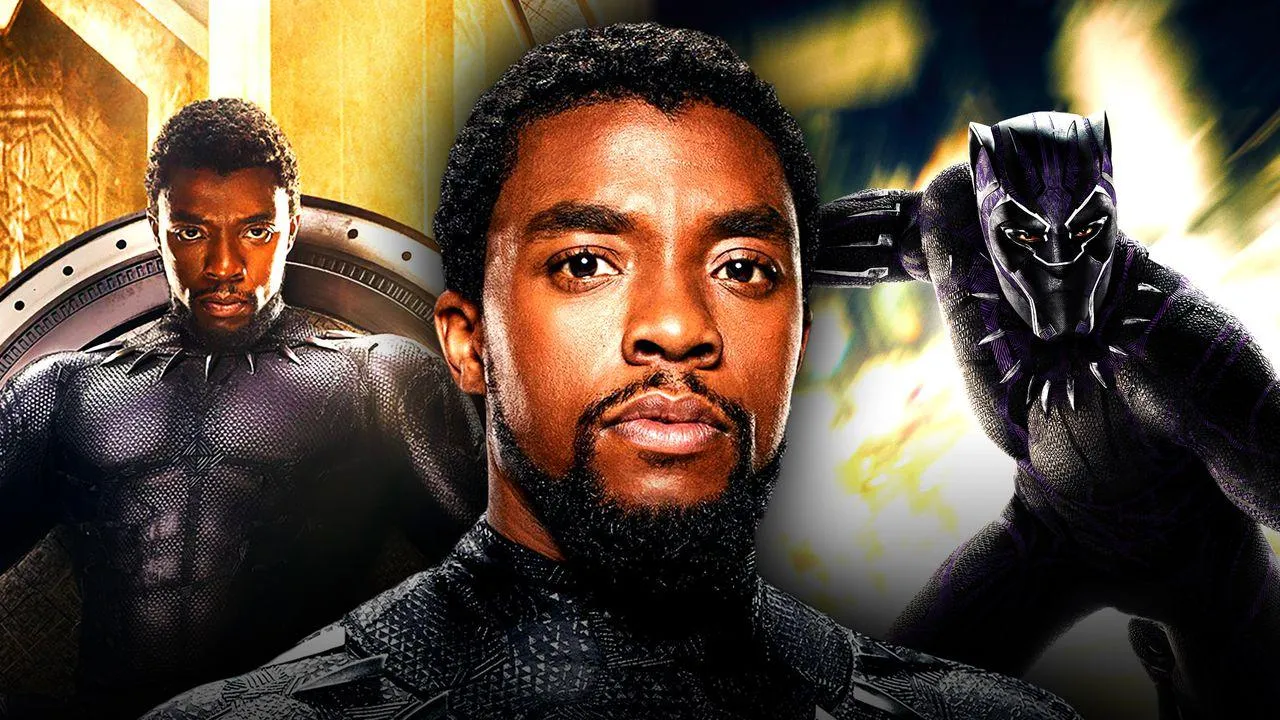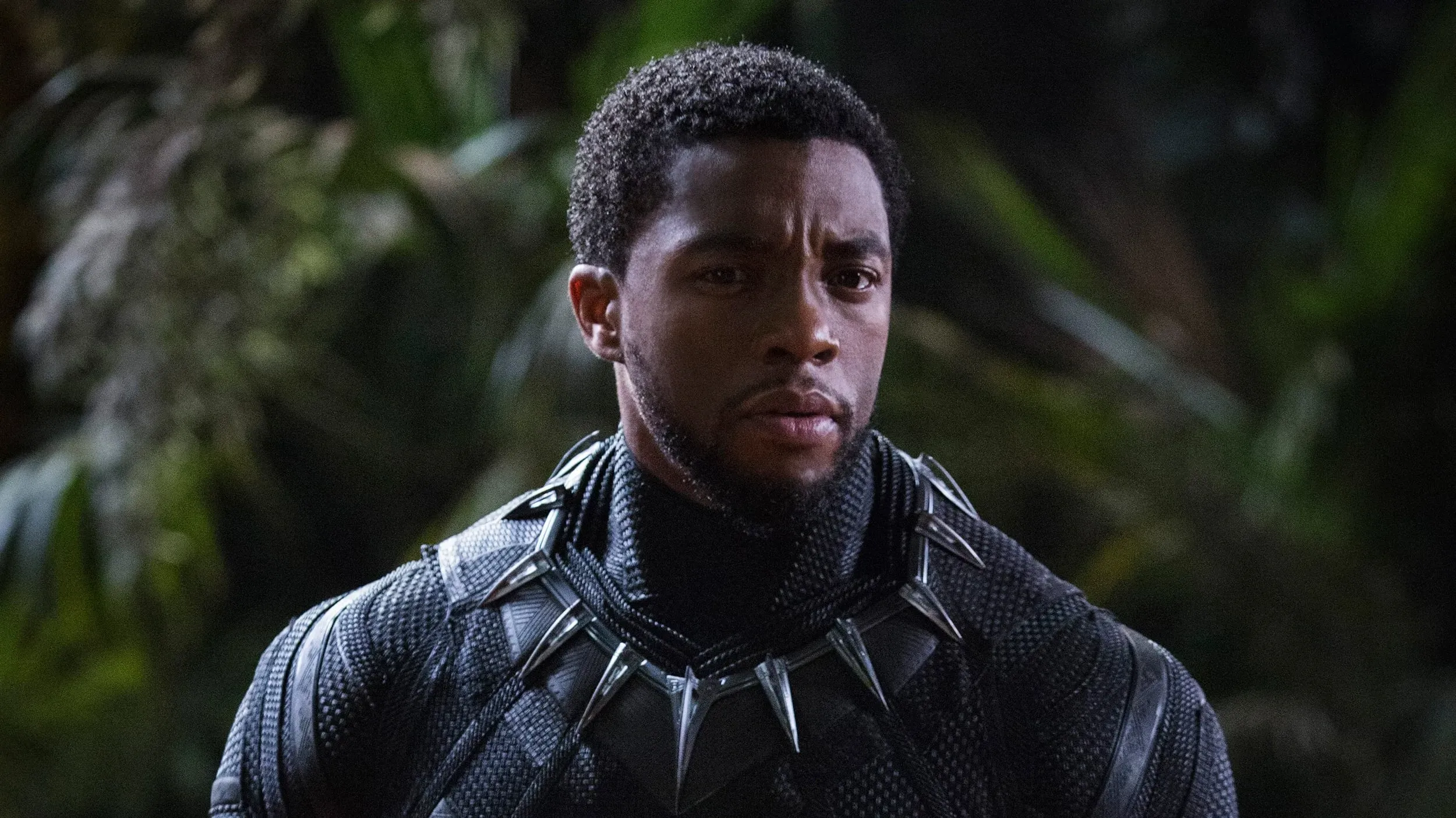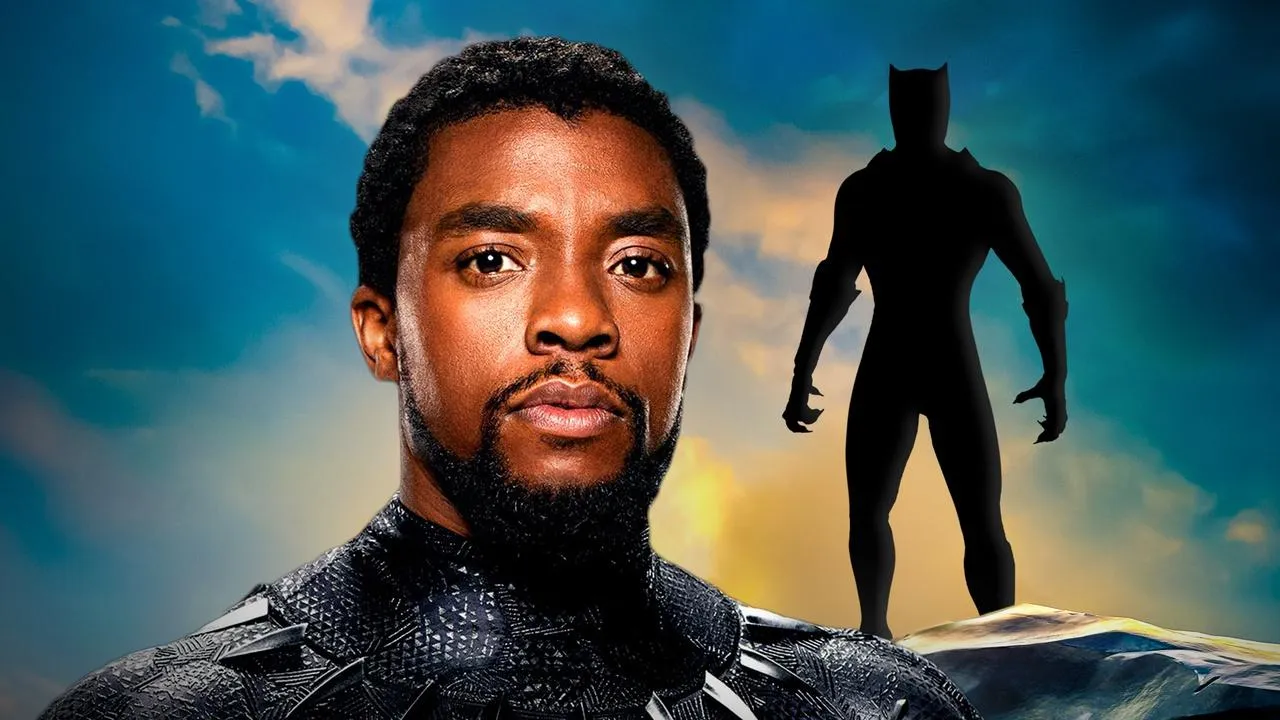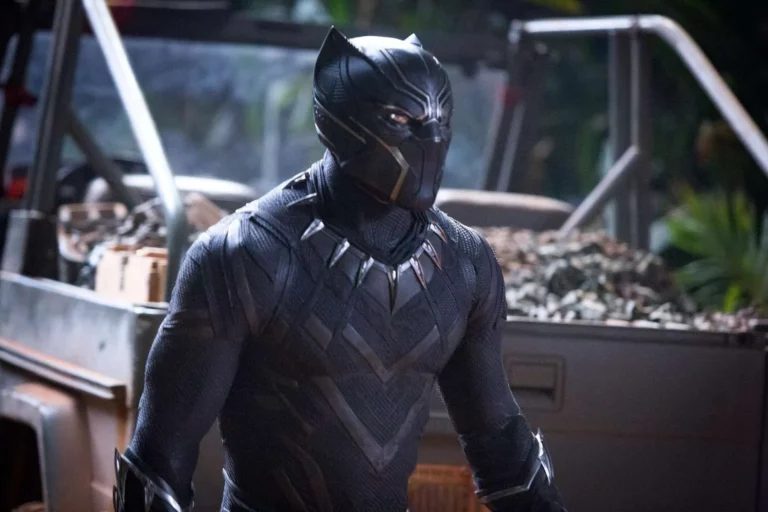Chadwick Boseman, the iconic actor who portrayed T’Challa in Marvel Studios’ “Black Panther,” shared compelling thoughts on the impact of a director’s cultural background on filmmaking. In discussions surrounding the film, Boseman believed that while a White director could technically helm “Black Panther,” they would lack the nuanced perspective that a Black director like Ryan Coogler brought to the table. Boseman elaborated on this during a 2018 interview with Variety, where he stated, “It could be [possible], yes.
Would they have his perspective? Probably not. It wouldn’t be nuanced in the same way because they wouldn’t have the same conflict. They don’t have the African-American conflict that exists: Whether you’re conscious of it or not, you have an ancestry that is very hard to trace.” This perspective underlines the depth of understanding Coogler brought to the film, rooted in his personal experiences and cultural heritage.

Ryan Coogler’s Personal Journey with “Black Panther”
Ryan Coogler’s approach to “Black Panther” was deeply personal. Prior to directing the movie, Coogler visited Africa to gain a deeper appreciation and accurate depiction of the fictional Wakanda. His commitment to authenticity was not just about geographical accuracy but also about resonating with the African-American experience and the broader themes of identity and heritage. The film’s success and cultural impact are attributed to Coogler’s personal connection to the story, echoing his statement that the best films often come from a filmmaker’s personal connection with the subject matter. Coogler’s insights align with those of celebrated directors who have explored their cultural and personal identities through their films, like in classics such as “The Godfather” and “Goodfellas.”

Marvel’s Plans for the Black Panther Legacy
The future of “Black Panther” took a poignant turn with the untimely passing of Chadwick Boseman in 2020. Marvel Studios initially decided against recasting T’Challa out of respect for Boseman’s memorable performance, marking the character’s offscreen death in “Black Panther: Wakanda Forever.” However, recent developments suggest a change in course. According to Jeff Sneider from The Insneider, Marvel Studios is reconsidering its stance, potentially introducing a new actor for T’Challa via the multiverse. This decision, while controversial, opens up narrative possibilities that could explore new facets of the character and his legacy. Notably, Denzel Washington has confirmed that a third “Black Panther” film is in the works, directed by Coogler, further fueling speculation and anticipation about the future of this beloved character.

Chadwick Boseman’s portrayal of Black Panther and his thoughts on the importance of culturally resonant filmmaking have left an indelible mark on cinema. As Marvel Studios navigates the delicate task of continuing T’Challa’s legacy, the principles and insights shared by Boseman and Coogler will undoubtedly influence how the franchise develops, ensuring that the spirit of “Black Panther” remains vibrant and true to its roots. The ongoing discussion about representation in superhero cinema continues to shape how stories are told, who tells them, and why the perspective behind the camera is as vital as the story in front.
